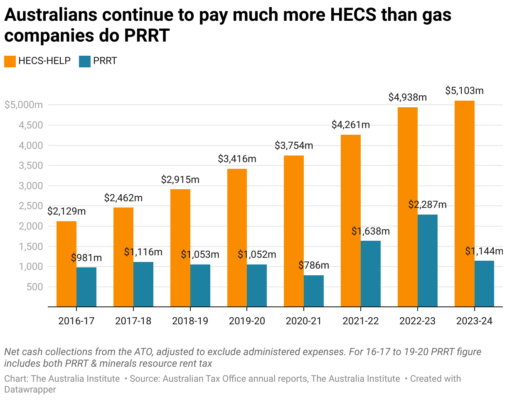Australians have decisively given the Labor government a second term, emphatically demonstrating that they want a future of action defined by equality, fairness, social justice and evidence-based policy.
In their first term, Labor achieved a lot: reforming the stage three tax cuts, introducing tax evasion laws for multi-national corporations, investing more in social housing than any federal government in 30 years, criminalising wage theft, fixing a broken industrial relations system to get wages moving again, record investment in Medicare, revising HECS/HELP indexation, creating the Future Made in Australia plan, and much more.
Having been handed a second term, Labor must view this resounding victory as a mandate for bold reform: to tackle the housing crisis head on, to spearhead meaningful action on climate change, to reorient the economic future of Australia’s younger generations, and to restore Australia as the land of the Fair Go








